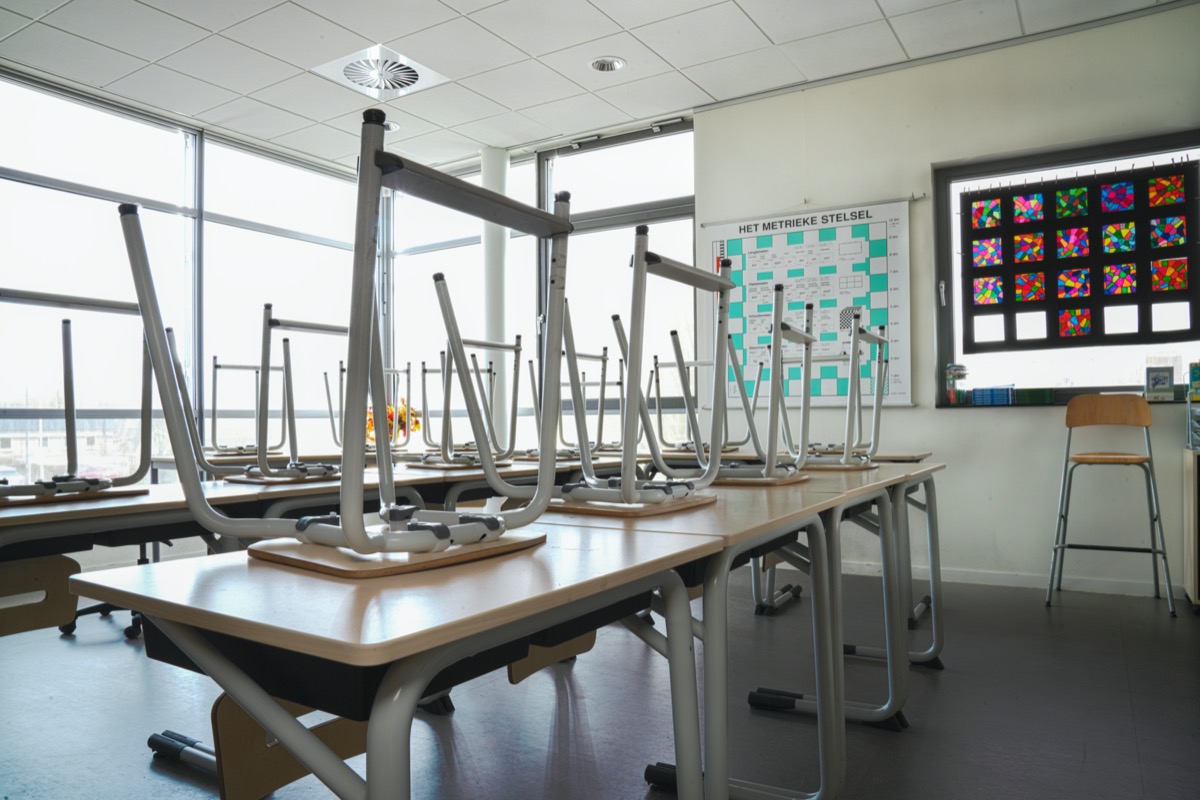Research published by Nature Medicine shows that people under the age of 20 are only half as susceptible to COVID-19 as people over that age. Furthermore, only 21 percent of infected children between the ages of 10 and 19 in the six countries surveyed exhibited coronavirus symptoms. “Accordingly,” the study says, “we find that interventions aimed at children might have a relatively small impact on reducing SARS-CoV-2 transmission, particularly if the transmissibility of subclinical infections is low.” (Researchers are still working to determine how infectious asymptomatic cases of COVID-19 really are.) Why are children at such a lower risk compared to adults? “Decreased susceptibility could result from immune cross-protection from other coronaviruses,” the study’s authors posit, “or from non-specific protection resulting from recent infection by other respiratory viruses, which children experience more frequently than adults.“ae0fcc31ae342fd3a1346ebb1f342fcb As the Washington Post notes, these conclusions could influence decisions about when and in what capacity schools will be reopened in the fall. (Per CNN, 48 states and Washington, D.C. closed all schools through the end of this current school year.) A May USA Today and Ipsos poll showed that teachers are concerned about what closures and distance learning have meant to students’ progress, fearing that they’re falling considerably behind. And many parents have been overwhelmed by the responsibility of essentially home-schooling their children while also keeping up with their jobs and other aspects of life. RELATED: For more up-to-date information, sign up for our daily newsletter. But these numbers shouldn’t be taken as permission to fling the doors open and welcome students in just yet. “School closures still do have an effect—we’re not saying they’re completely ineffective. So really, this just highlights how difficult the question of when to reopen schools is. Like with many other policies, it’s not a straightforward question of epidemiology,” lead author Nicholas Davies, of the London School of Hygiene & Tropical Medicine, told the Washington Post. And for more on coronavirus and education, check out 60 Percent of Parents Would Do This Instead of Sending Kids Back to School.
